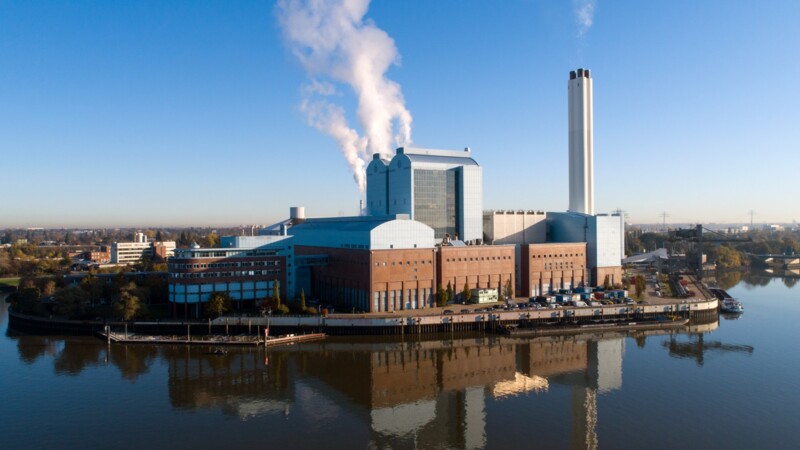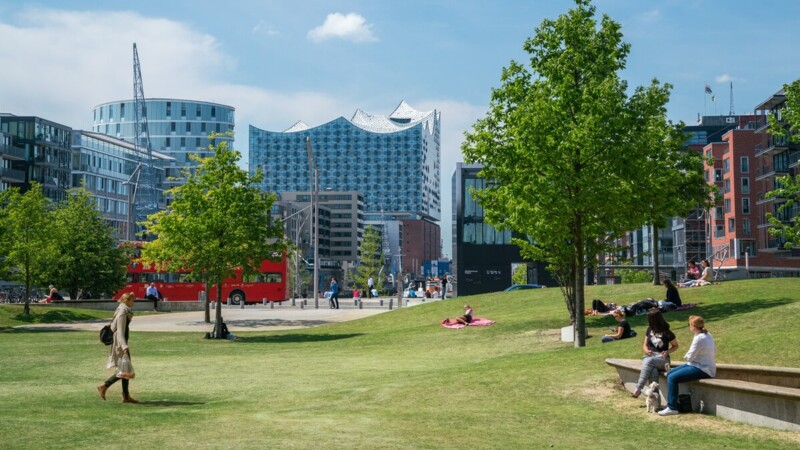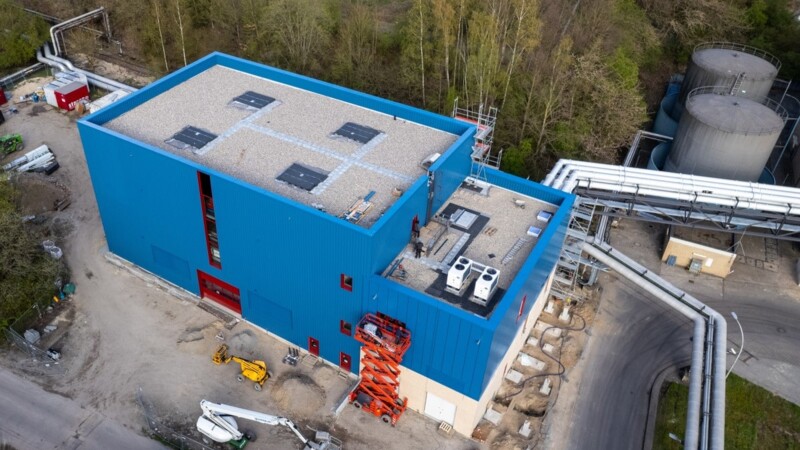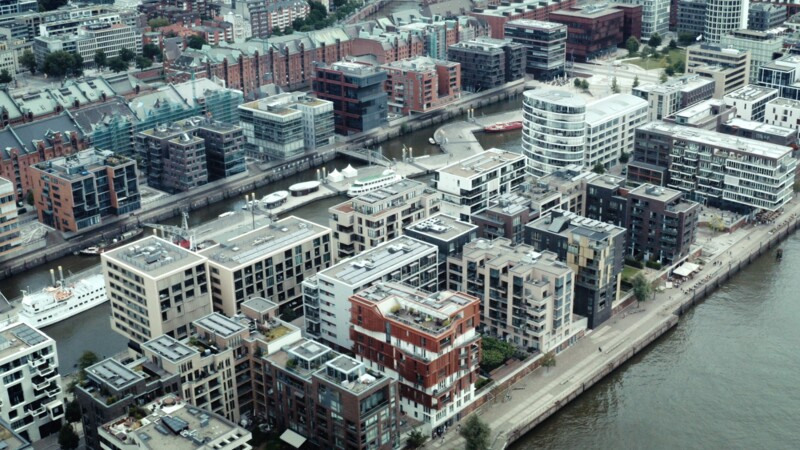"Stadtreinigung Hamburg’s new, pioneering plant is a prime example of decarbonised district heating and of the co-operation between our public companies," said Jens Kerstan, Senator for the Environment, Climate, Energy and Agriculture. "This innovative heating project is unique in Germany. We will become one of the largest suppliers of climate-friendly heat in Hamburg," said Rüdiger Siechau, Managing Director of SRH. Waste heat from the Hamburger Energiewerke is fed straight into the district heating network. MVB is also relying on the targeted cooling of flue gases and a new turbine to provide an additional 350,000 megawatt hours per annum. The expansion of a self-sufficient, secure and stable supply of climate-friendly heat could supply 35,000 households in Hamburg and save 104,000 tonnes of CO2 annually.
A unique nationwide heating project in the Borsigstrassee waste incineration plant (MVB) in east Hamburg has gone fully into regular operation. Climate-friendly district heating is now being generated from urban waste almost two years after drilling began on the site of the Tiefstack CHP plant. This comes after the Senate, Stadtreinigung Hamburg (SRH) and Hamburger Energiewerke (HEnW) approved commissioning.
Prime example of decarbonised district heating
Right way to phase out coal
The innovative district heating plant is in accordance with the 2023 Climate Protection Act. Now, Hamburg is aiming to become CO2 neutral by 2045 and to phase out coal for district heating. The city is on the “right track with the commissioning of the plant”, according to Michale Prinz, Managing Director of HEnW. That should transform the Tiefstack CHP plant and reduce the use of fossil fuels. The innovative project won the the "German Renewables Award 2021" during the construction phase.
fw/mm/pb
Sources and further information
More
Similar articles

Drilling underway for aquifer heat accumulator in Hamburg

Senate pushing ahead with efforts to C02 neutrality

